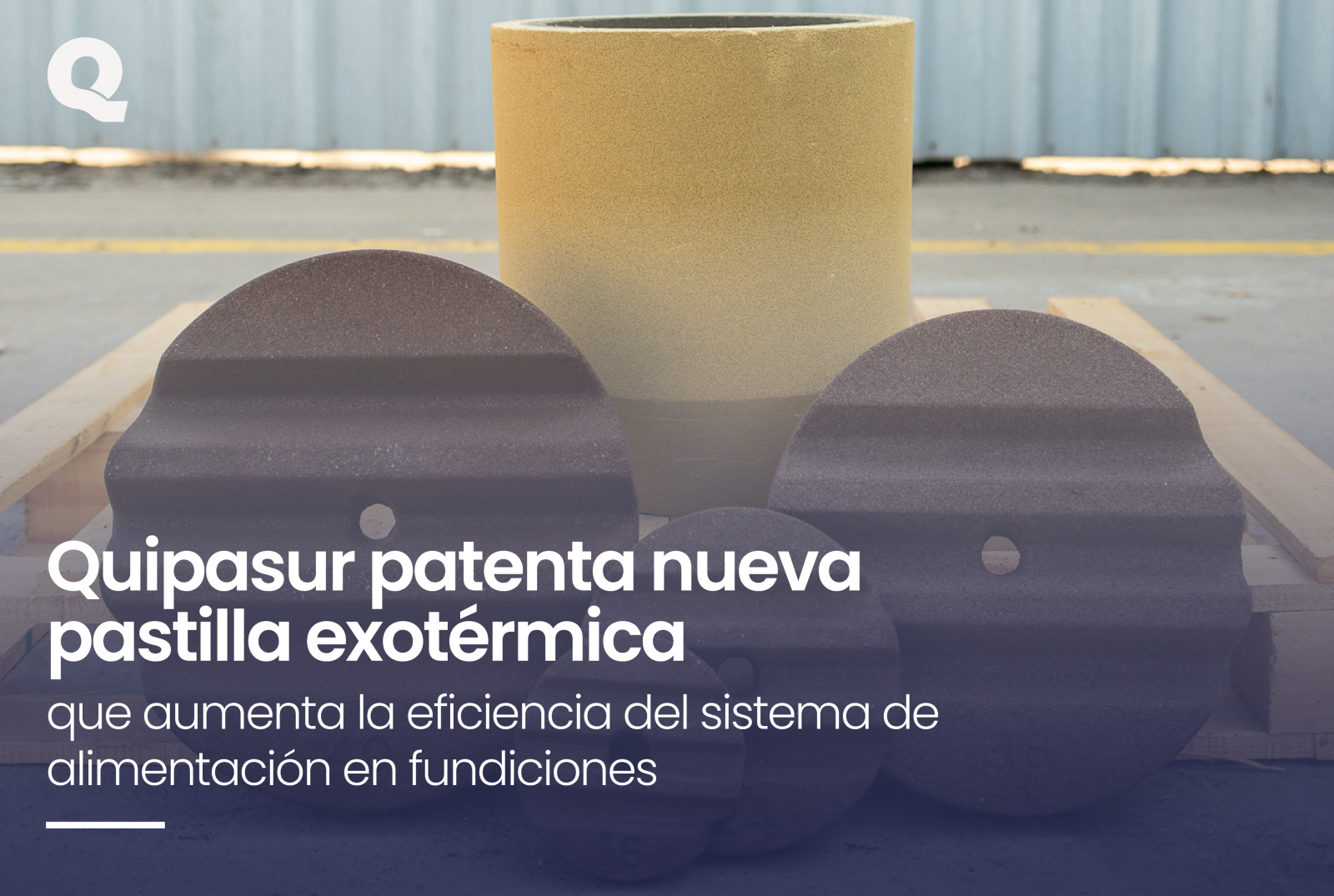
Históricamente, las fundiciones han utilizado una serie de materiales para cubrir los montantes y evitar la pérdida de calor en los alimentadores: arenas, cáscara de arroz, polvos aislantes y polvos expansivos de carácter exotérmico. Éstos, no obstante, no son lo suficientemente eficientes ya que su dosificación depende del operador y pueden producir defectos en la alimentación por una aplicación inadecuada.

Para solucionarlos y consolidar el sistema de alimentación, Quipasur diseñó y patentó una pastilla moldeada cuya exclusiva forma y formulación permiten superar estos obstáculos y aumentar el rendimiento del sistema.
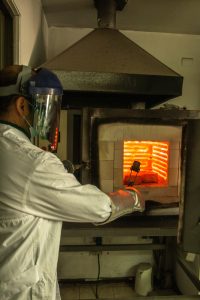
Las alternativas existentes en el mercado, como los polvos exotérmicos, no siempre funcionan como deberían. Uno de los problemas más comunes, es que la cantidad agregada al montante es insuficiente, lo que provoca la solidificación de una capa en la parte superior del montante, impidiendo la acción de la presión atmosférica sobre el metal líquido en el interior de ellos, reduciendo su poder de alimentación.
Asimismo, cuando el polvo se vierte sobre la parte superior del metal, muchas veces éste se derrama y no permanece en la parte superior, provocando una pérdida de la eficiencia del sistema de alimentación, llegando a generar rechupes y pérdidas de piezas.
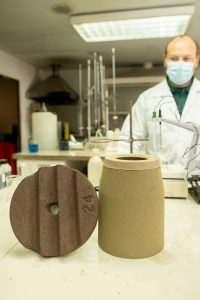
Con el objetivo de superar estos problemas, Quipasur desarrolló su pastilla exotérmica de cobertura HCP-700, un cilindro provisto de ranuras que permiten asegurar una transferencia de calor por radiación al interior de la pastilla, garantizando una reacción rápida de los componentes exotérmicos cuando entran contacto con el metal líquido.
La pastilla exotérmica creada y patentada por Quipasur puede ser aplicada a todo tipo de aleaciones ferrosas y es compatible con manguitos exotérmicos y aislantes. Ésta debe ser insertada al interior de las mangas antes de la colada.
 Marco Salazar, Gerente de Desarrollo de Quipasur, señaló que “una de las ventajas es la seguridad del operador, dado que no se requiere estar cerca de la línea de fuego cuando se funden las piezas, ya que esta va en el interior de la manga». Asimismo, destacó “su alta eficiencia, dado que su formulación exclusiva permite una aislación con una capa de alto espesor, lo que minimiza la pedida de calor en la parte superior de los montantes, esto se logra dado que su fórmula tiene componentes expansibles. La expansión de una pastilla exotérmica es del orden de 500 veces su volumen original, por lo que cubre completamente la superficie».
Marco Salazar, Gerente de Desarrollo de Quipasur, señaló que “una de las ventajas es la seguridad del operador, dado que no se requiere estar cerca de la línea de fuego cuando se funden las piezas, ya que esta va en el interior de la manga». Asimismo, destacó “su alta eficiencia, dado que su formulación exclusiva permite una aislación con una capa de alto espesor, lo que minimiza la pedida de calor en la parte superior de los montantes, esto se logra dado que su fórmula tiene componentes expansibles. La expansión de una pastilla exotérmica es del orden de 500 veces su volumen original, por lo que cubre completamente la superficie».
Entre otras ventajas, está el usar la cantidad correcta y adecuada para cada tamaño de montante, lo que minimiza las perdidas por mal uso. Con las pastillas HCP-700, se logra ahorros de aproximadamente un 15% con respecto a otros materiales de cobertura.
Aparte de alejar al operador de la zona de vaciado de metal líquido, se disminuye el uso de mano de obra al eliminar la operación de pesaje de polvo exotérmico en distintas dosificaciones dependiendo del diámetro del montante y se evita la presencia operativa de al menos 1 operador en el agregado en el momento de la colada lo que se traduce en importantes ahorros de mano de obra.
El uso de pastillas exotérmicas, garantiza la obtención de una producción con menores posibilidades de pérdidas por rechupes, ya que se minimiza la diferencia de tiempo de agregado y se asegura una cobertura pareja del montante.
Todo lo anterior se traduce en una operación de menos costo y aumento de productividad.

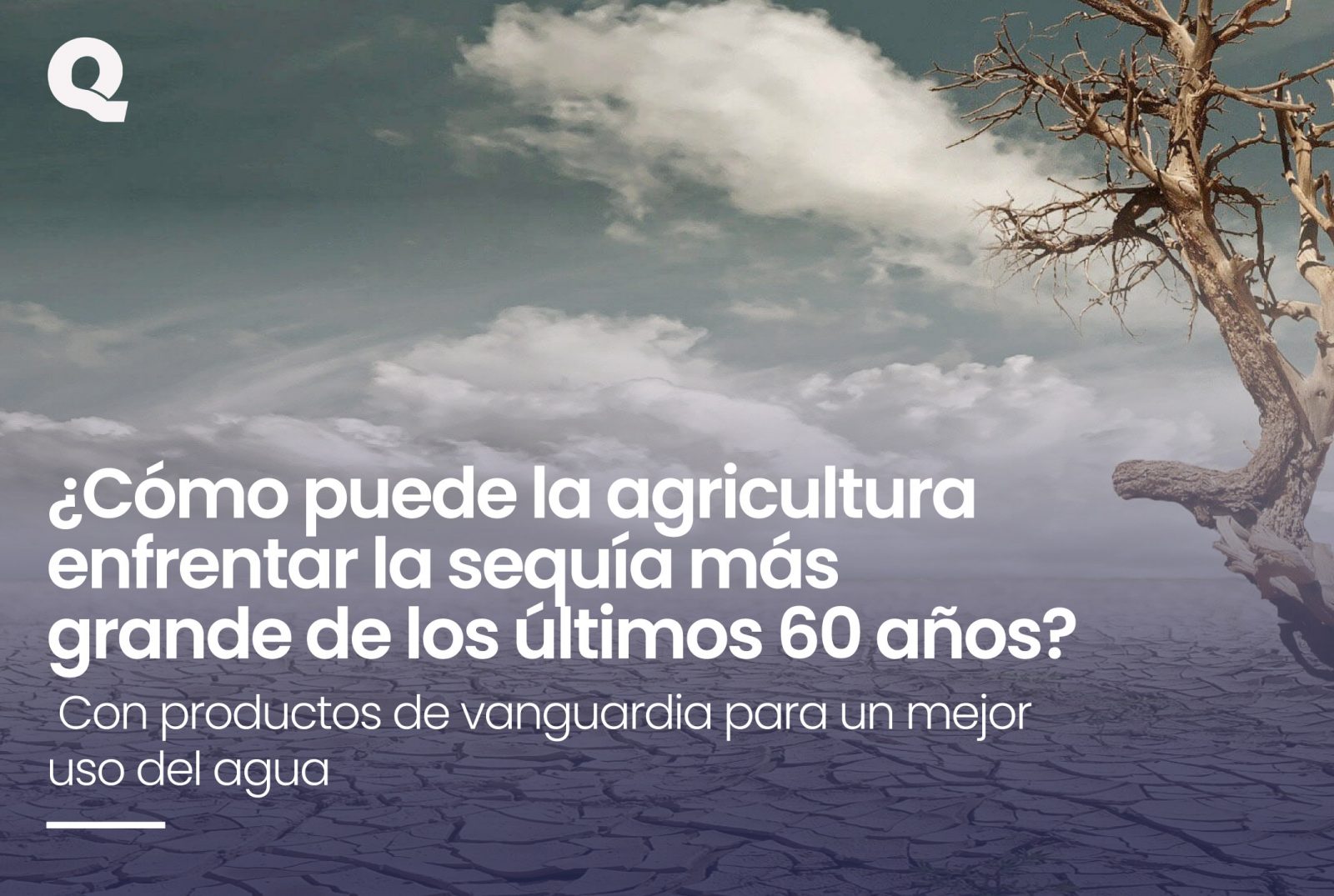
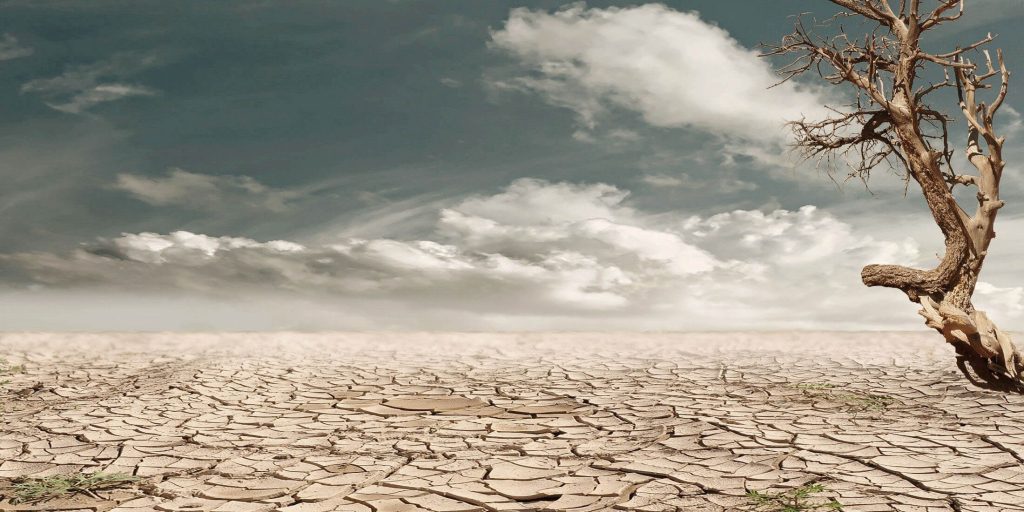

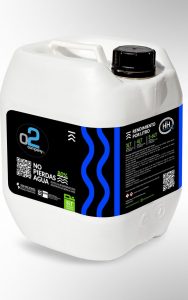
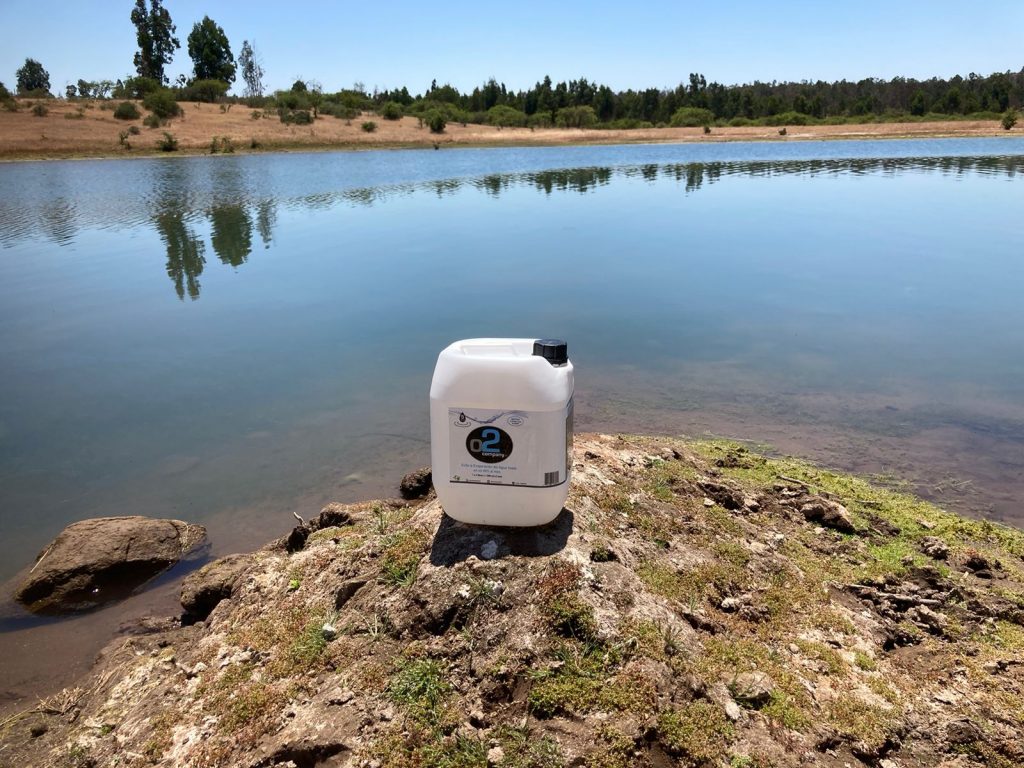 Producto de O2 Company cubriendo un cuerpo de agua
Producto de O2 Company cubriendo un cuerpo de agua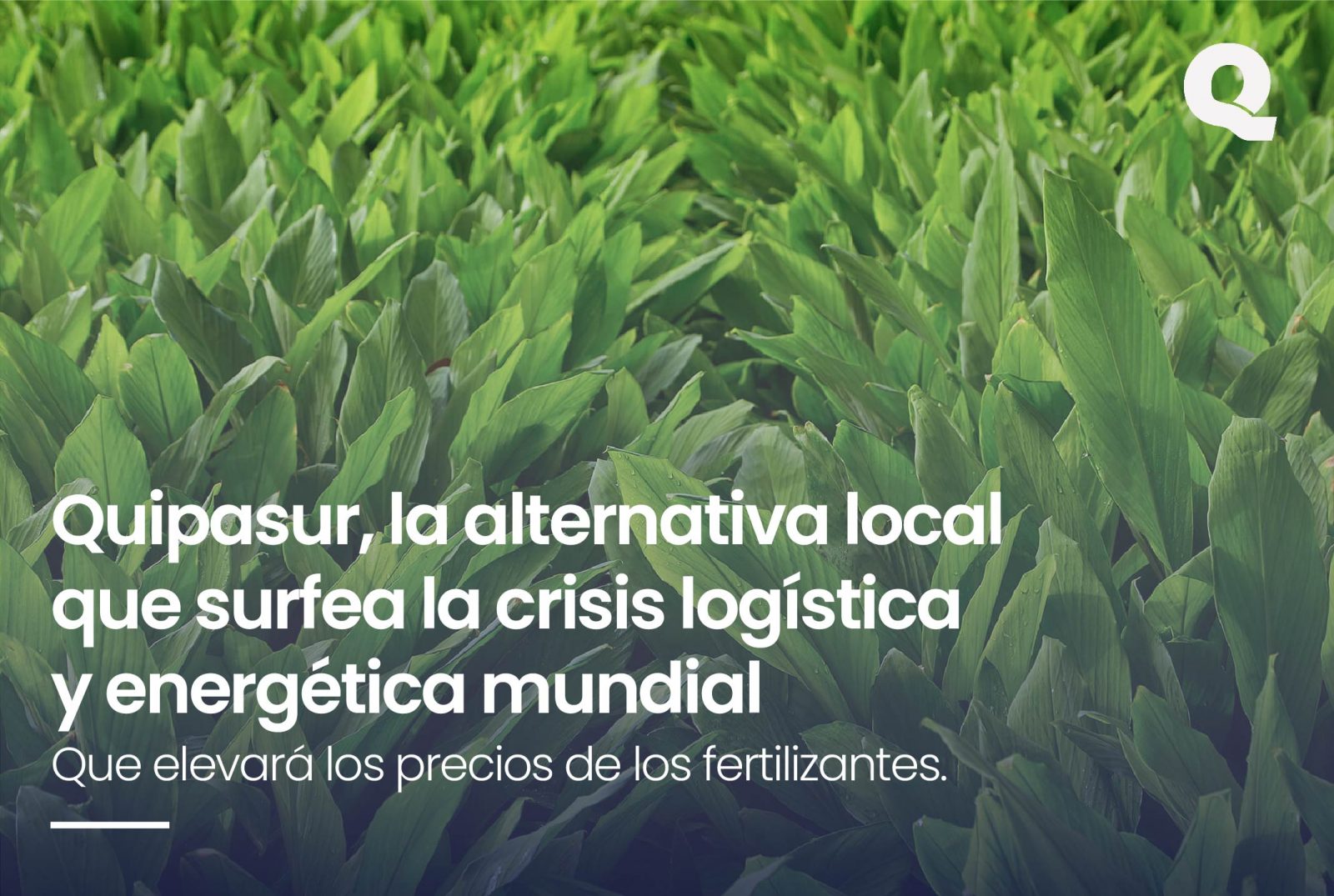

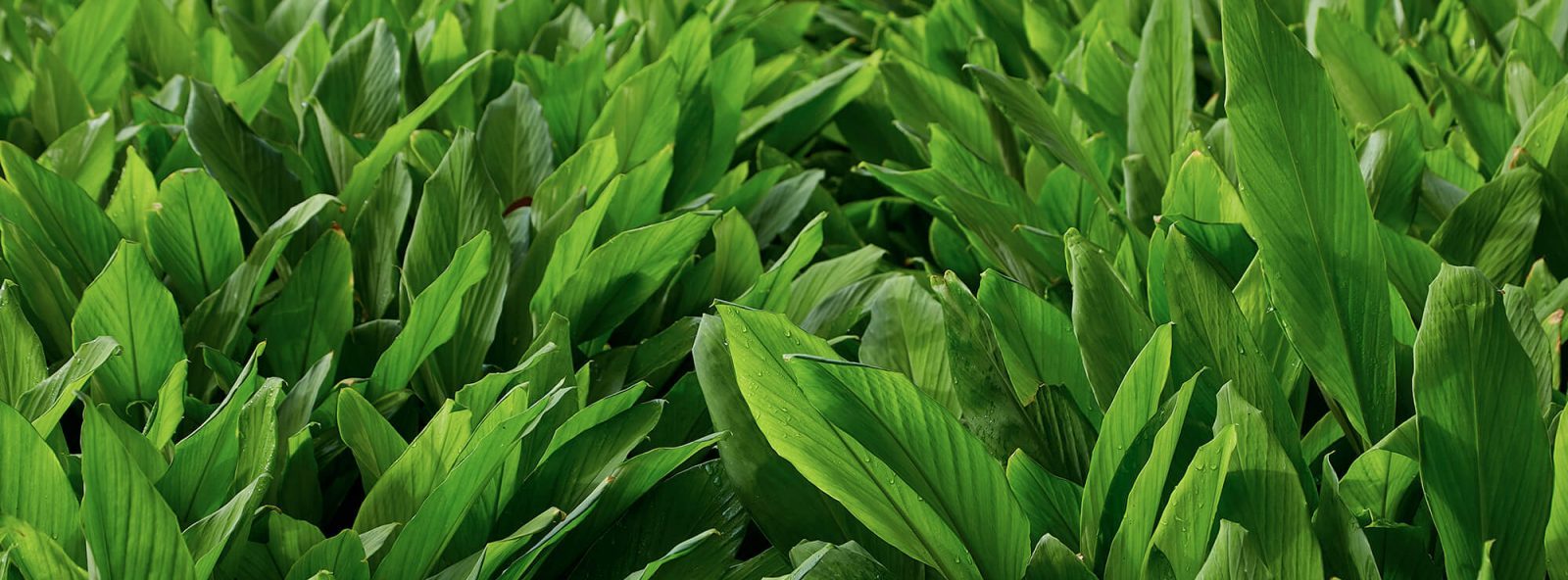
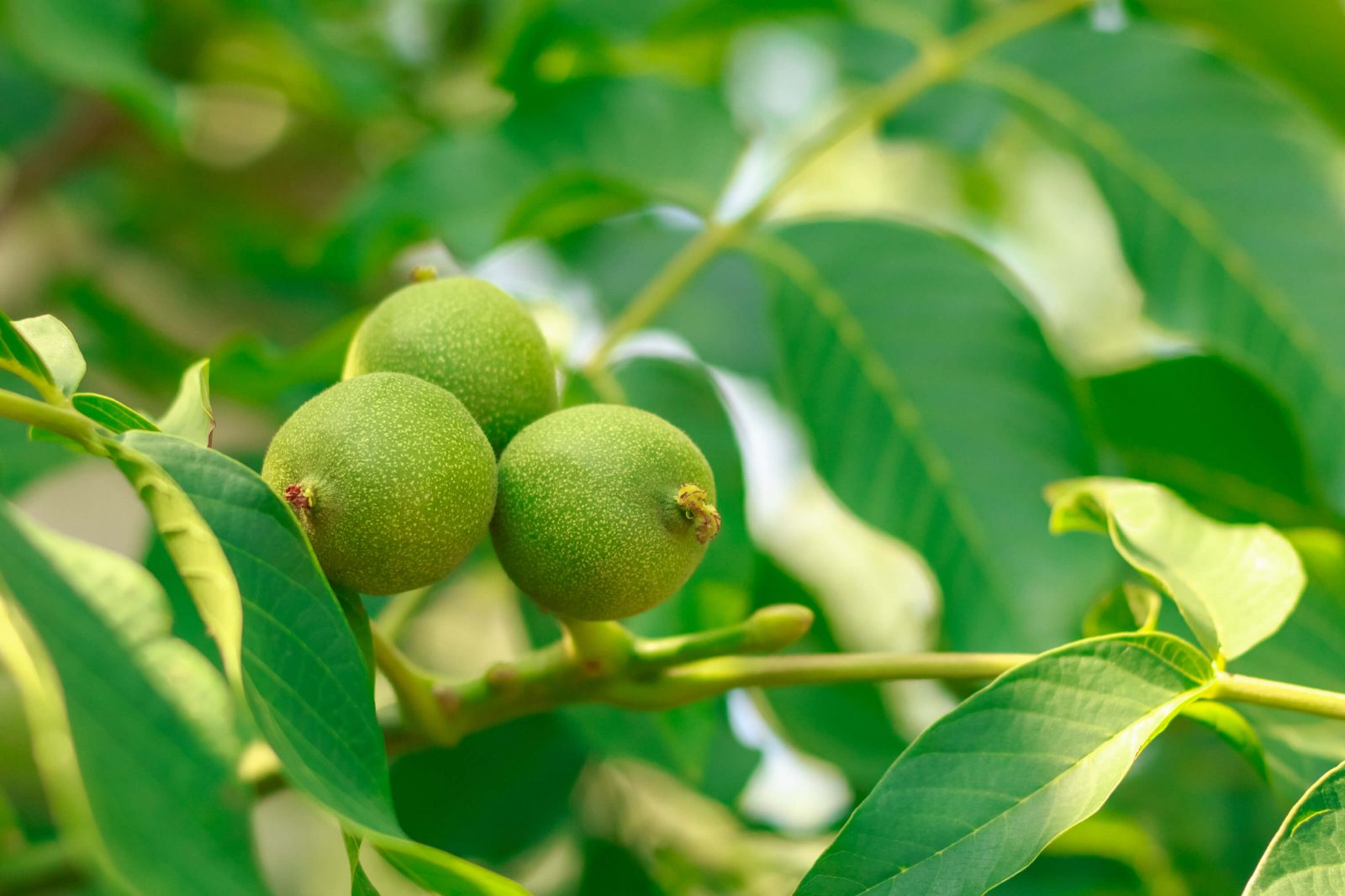

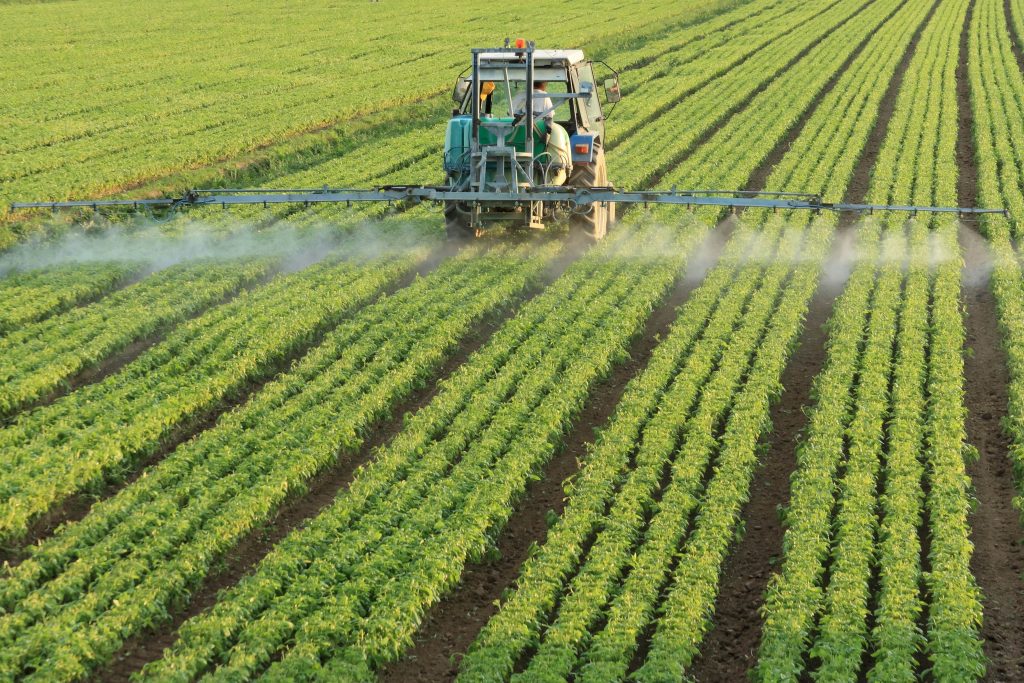

Comentarios recientes